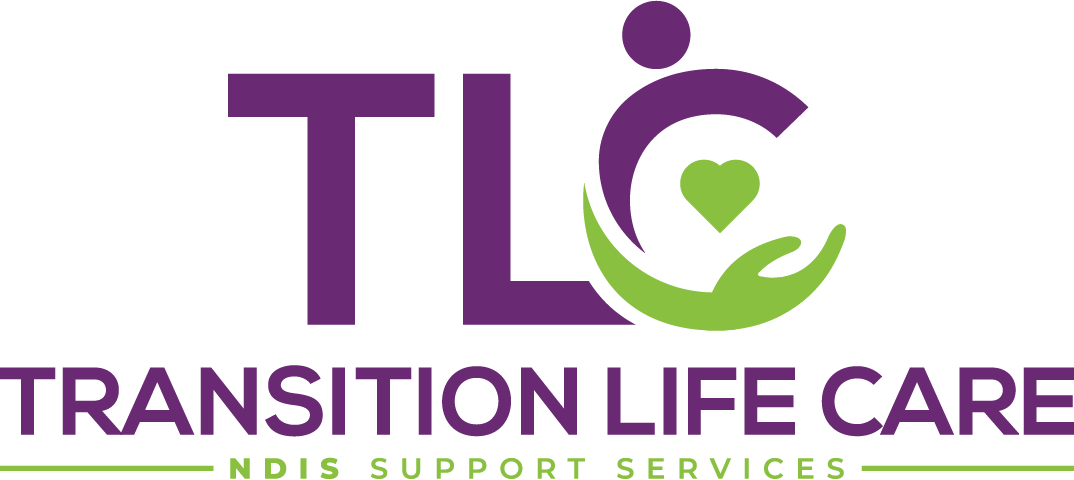Caring for someone you love—whether it’s a child, partner, parent, or friend—is a profound act of compassion. However, when caregiving becomes relentless and support is limited, even the most dedicated carers can begin to feel overwhelmed, exhausted, and disconnected from their own needs. This state is known as carer burnout, and it’s more common than you might think.
What Is Carer Burnout?
Carer burnout is a state of physical, emotional, and mental exhaustion caused by the prolonged stress of caregiving. It can affect anyone providing unpaid or informal care—particularly those supporting someone with disabilities or chronic health conditions.
It’s not a sign of weakness; it’s a signal that you need care, too.
Signs You Might Be Experiencing Burnout
-
Constant fatigue, even after sleep
-
Feelings of guilt, helplessness, or resentment
-
Withdrawal from friends, family, or enjoyable activities
-
Difficulty concentrating or making decisions
-
Changes in appetite or sleep
-
Emotional numbness or frequent tears
-
Feeling like you’ve “lost yourself”
-
Irritability or reactiveness
If these symptoms resonate with you, know that you’re not alone—and support is available.
Why Burnout Happens
Caregivers often place others’ needs ahead of their own. Over time, this imbalance can lead to neglecting self-care, skipping breaks, and suppressing emotions. When this continues without support, the toll becomes too great.
Contributing factors include:
-
Lack of respite care
-
Minimal emotional or peer support
-
Caring for someone with high behavioural or medical support needs
-
Feeling invisible, isolated, or unsupported by systems
At Transition Life Care, we hear from carers every day who are doing their best in complex, demanding situations—and we believe that their wellbeing matters just as much as the person they support.
Finding Your Way Back: What You Can Do
You can’t pour from an empty cup. Recognising burnout is the first step toward recovery—and you deserve support as much as the person you care for.
Here are some ways to begin:
-
Ask for help – Speak with your GP, support coordinator, or a trusted organisation like Carer Gateway.
-
Consider respite care – Short-Term Accommodation (STA) or in-home respite can give you time to rest and reset.
-
Connect with other carers – Peer support groups can reduce isolation and help you feel understood.
-
Set boundaries – It’s okay to say no or take space for yourself.
-
Care for your body – Sleep, nutrition, movement, and moments of joy are essential, not optional.
Support Services in New South Wales and Queensland
- For carers in New South Wales, Carers NSW offers a range of services including:
-
Carer support planning
-
Counselling
-
Peer support groups
-
Tailored support packages
-
Respite services
In Queensland, Carers Queensland provides:
-
Personalised information and referrals
-
Carer support programs
-
Training and education services
-
Advocacy and policy support
Both organisations work in collaboration with the Carer Gateway to provide comprehensive support to carers across Australia.
We’re Here for You
At Transition Life Care, we see and value the vital role carers play in the lives of loved ones. If you’re feeling stretched, burnt out, or just need a breather, we can help explore:
-
Tailored care plans for both you and the person you support
We know that caring for someone is an act of love—but caring for yourself is an act of sustainability.
Looking after yourself is not selfish—it’s essential.
Let us help you find support that honours both your heart and your humanity.
Need Immediate Support?
-
Carer Gateway: Call 1800 422 737 or visit www.carergateway.gov.au for national support services.
-
Carers NSW: Visit www.carersnsw.org.au for resources and support in New South Wales.
-
Carers Queensland: Visit www.carersqld.com.au for resources and support in Queensland.




